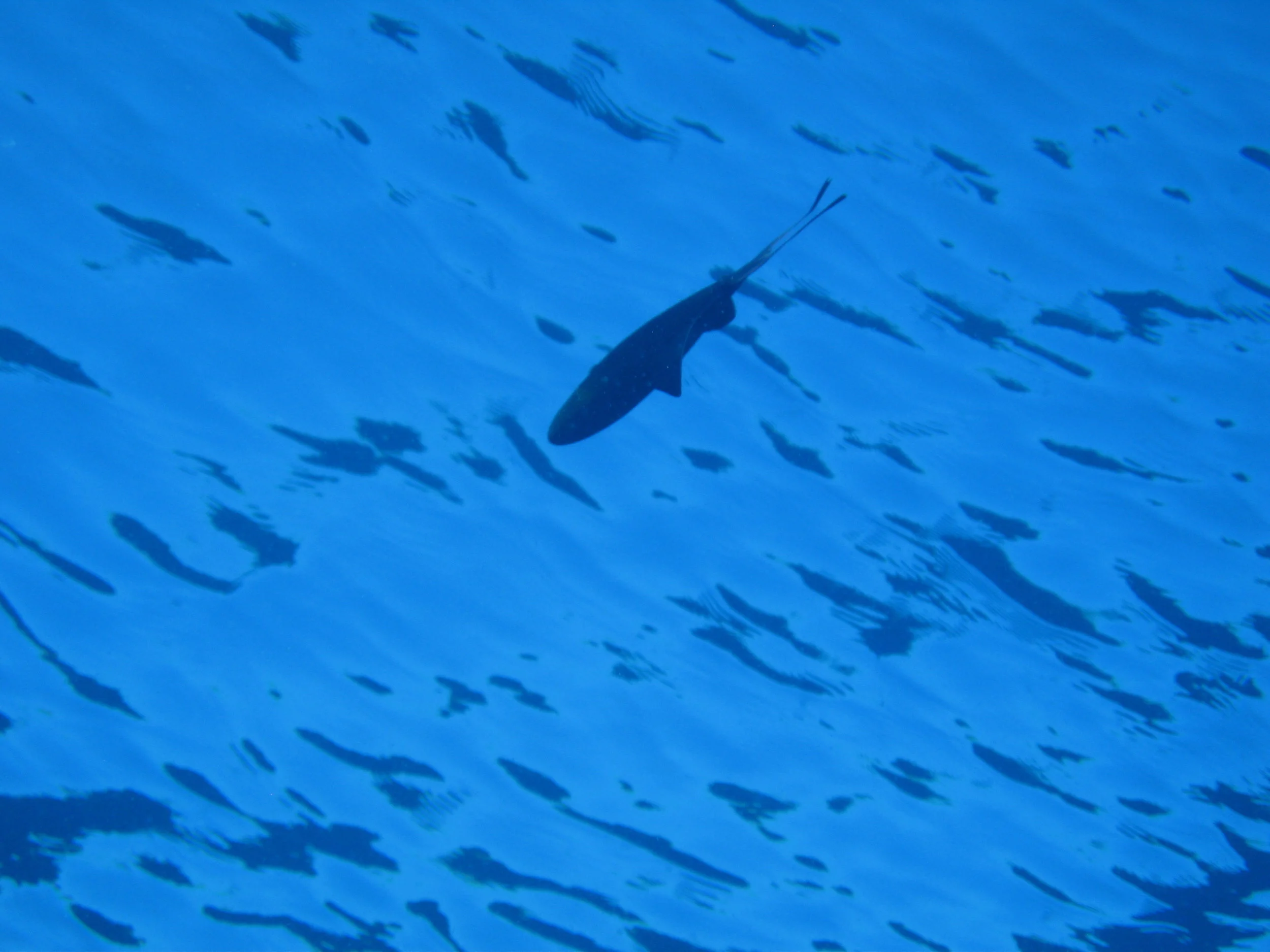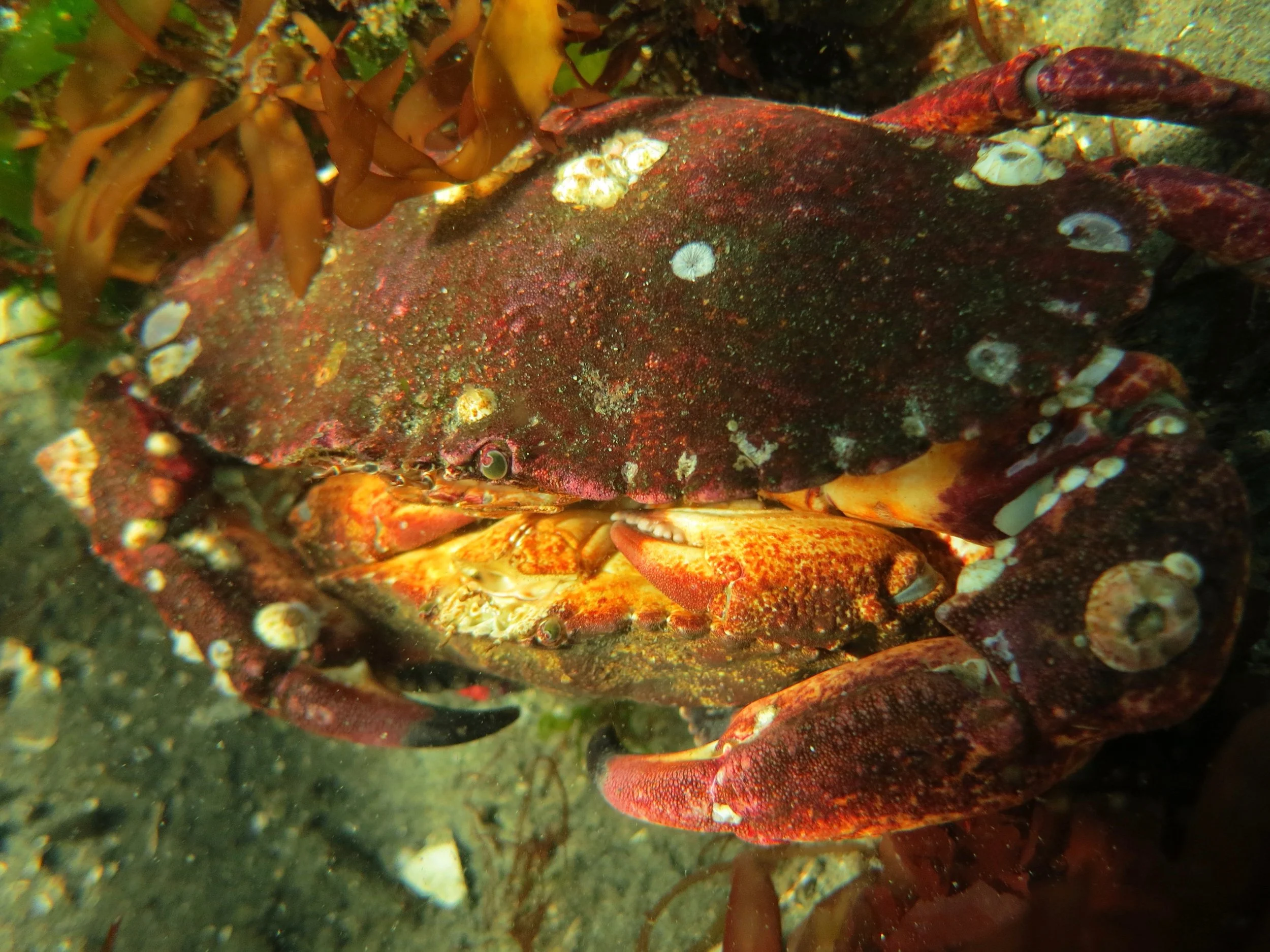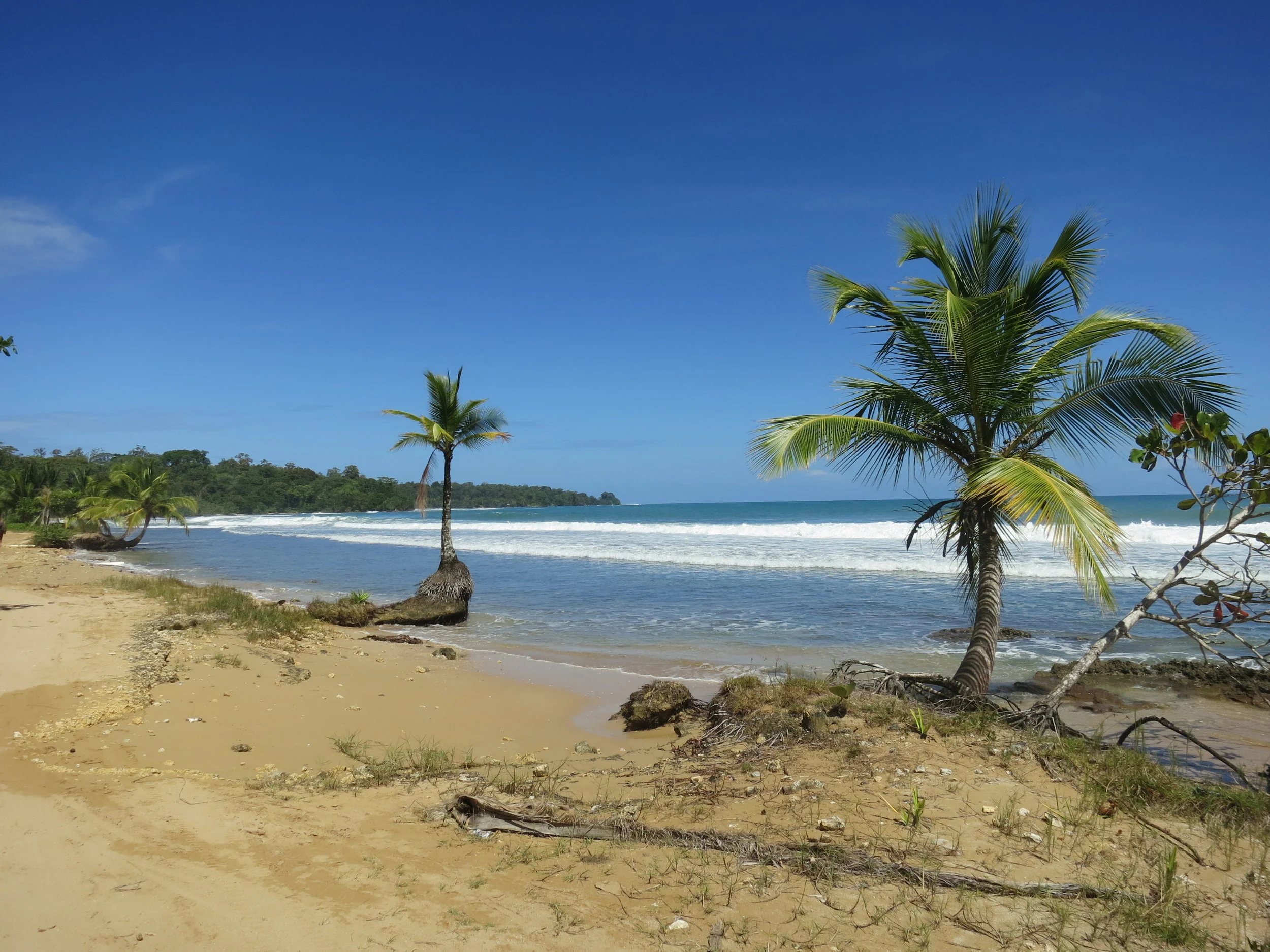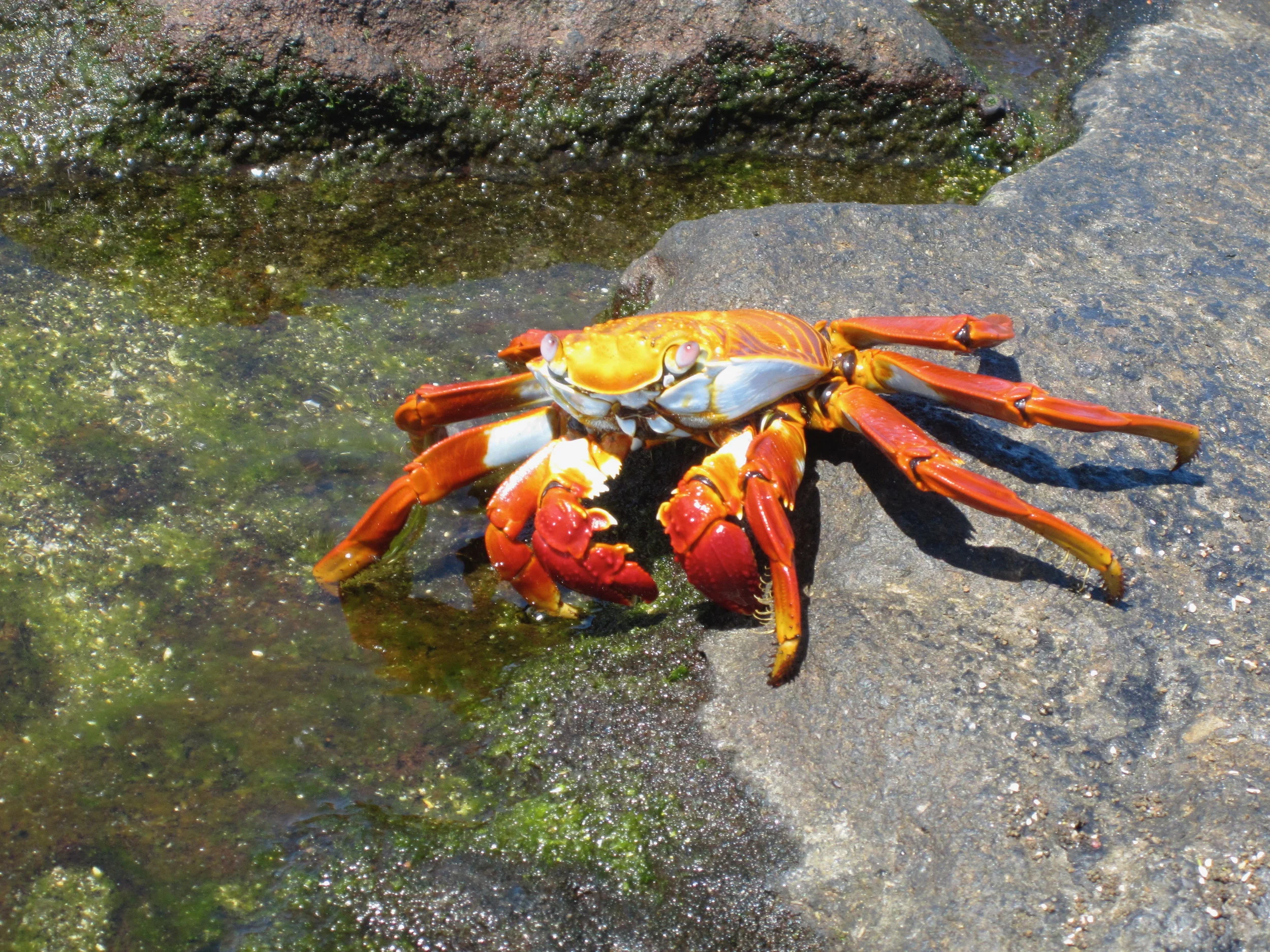
Sustainability
Innovation in ecology has often emerged through the pursuit of pure research. However, pure research and applied science are rapidly converging to generate innovative sustainability solutions and advances in basic science, especially through research in human-natural coupled systems. An overarching theme of our sustainability research has merged basic and applied science to facilitate conservation, management, policy, and ecosystem valuation.
Our work has answered key questions regarding the recovery, conservation, and resilience of a temperate human-natural coupled systems. Examples of our recent work in sustainability science include demonstrating how scientific uncertainty can lead to contradictory expectations for the outcome when we recover key species within ocean ecosystems. In another example we demonstrated how the simultaneous recovery of species closely linked in the food web can lead to rapid and direct ecosystem recoveries. Our work also seeks to connect sustainability science to policy. For example, we recently published a policy perspective that explores the challenges of ecosystem recoveries following major regime shifts. Each of the projects described above represents novel advances in both pure and applied ecology, and offers immediate solutions for managers and conservation practitioners.
Our current work on sustainability science examines the management strategies that facilitate rapid and direct recoveries of depleted marine organisms and the potential capacity of marine protected areas to serve as ecological and evolutionary refugia for ocean organisms experiencing global chance.

Selected Publications
Ingeman K., Samhouri J.F., Stier A.C. Ocean Recoveries for Tomorrow’s Earth; Hitting a Moving Target. Science. 363:eeav1004. PDF
Stier A.C., Samhouri J.F., Gray S., Martone R., Mach M., Scarborough C., Kappel C., B. Halpern B., and P.S. Levin. 2017. Integrating expert opinion into food web conservation and management. Conservation Letters. PDF
Samhouri J.F., Stier A.C., Hennessey S., Novak M., Halpern B.S., and Levin P.S. 2017. Rapid and direct recoveries of predators and prey through synchronized ecosystem management. Nature Ecology and Evolution. DOI: 10.1038/s41559-016-0068. PDF
J.F. Samhouri, K.S. Andrews, G. Fay, C.J. Harvey ,E.L. Hazen, S.M Hennessey, K. Holsman, M.E. Hunsicker, S.I. Large, K.N. Marshall, A.C. Stier, J.C. Tam, S.G. Zador. Defining ecosystem thresholds for human activities and environmental pressures in the California Current. Ecosphere. DOI: 10.1002/ecs2.1860 PDF
Lynham J, Halpern B, Blenckner T.=, Essington T.=, Estes J.=, Hunsicker M.=, Kappel C.=, Salomon A.=, Scarborough C.=, Selkoe K.=, and A.C. Stier=. 2017. Shifting Ecosystems, Institutional Inertia and US Ocean Policy. Marine Policy. PDF
Marshall K.N., Stier, A.C., Samhouri J.F., and E.J. Ward. 2016. Conservation challenges of predator recovery. Conservation Letters. doi: 10.1111/conl.12186. PDF
Selkoe K., Lynham J, Halpern B, Blenckner T.=, Essington T.=, Estes J.=, Hunsicker M.=, Kappel C.=, Salomon A.=, Scarborough C.=, and A.C. Stier=. 2015. Ten principles for managing ecosystem tipping points. Ecosystem Health and Sustainability. 1:5. PDF


